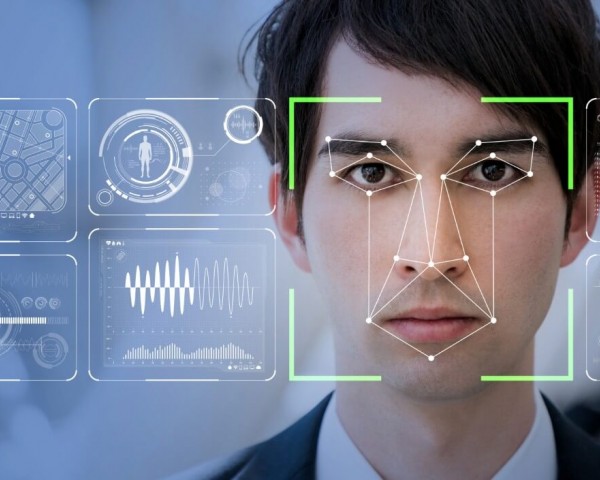The International Civil Aviation Organization (ICAO), in concert with the International Air Transport Association (IATA) and Flight Centre Travel Group, is on the cusp of fundamentally altering the airport experience. Their “Journey Pass” initiative, leveraging biometric ID and facial recognition, intends to largely eliminate passports and boarding passes, initially trialing in Australia. The technology, proven in Singapore, aims to cut the airport check-in times substantially, improve security measures, and streamline flows of passengers, though it does introduce significant data privacy questions.
A Leap Toward Seamless Travel
The Journey Pass aims to fully automate the passenger experience, swapping old documentation for biometric verification. At Singapore’s Changi Airport, where a comparable system is functional across terminals, passenger screening takes just seconds. The processing time averages a substantial reduction and the system virtually eliminates queues. By deploying high-definition cameras and appropriate facial recognition software—often used in retail sectors—the system provides a quicker, more efficient airport experience for most.
Beyond mere convenience, the Journey Pass offers compelling economic advantages. Shorter queues translate to operational savings for both airlines and airports, allowing staff to transition from verification tasks to more vital roles, such as enhancing border security. Its reliance on current tools renders it scalable for potential global airport adoption, generally speaking.
Global Trials and European Adoption
Following promising Singapore testing, Australia may be among the first to implement the Journey Pass. Across Europe, major airport hubs like Paris, Frankfurt, Amsterdam, and Madrid are increasingly integrating facial recognition into operational control. Such initiatives align with broader automation to replace physical documents with biometric information in order to improve the efficiency and security while rolling out these systems.
Privacy Concerns in the Spotlight
While the Journey Pass holds considerable potential, it raises equally important data privacy considerations. As sensitive data, biometric information requires significant protection for data storage. Experts emphasize the urgent need for clear regulations to protect personal information and maintain transparency in most cases. The ICAO and its partners are tasked with addressing these challenges to build global compliance.
A New Era for Air Travel
The Journey Pass marks a step in modernizing the airport, offering faster, more secure, and cost-effective travel. With trials underway in Australia and growing adoption in Europe, it could redefine how we navigate airports. Its ultimate success rests on balancing technological innovation with the protection of personal data. As the aviation industry embraces this technology, travelers can expect shorter queues and a smoother journey—if privacy concerns are addressed adequately.

